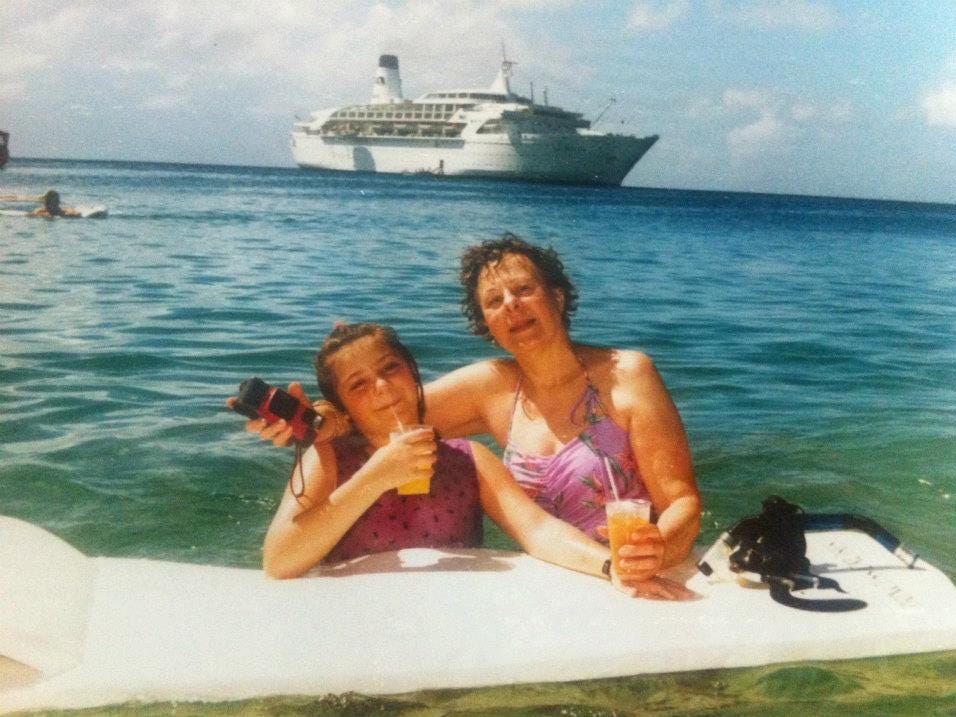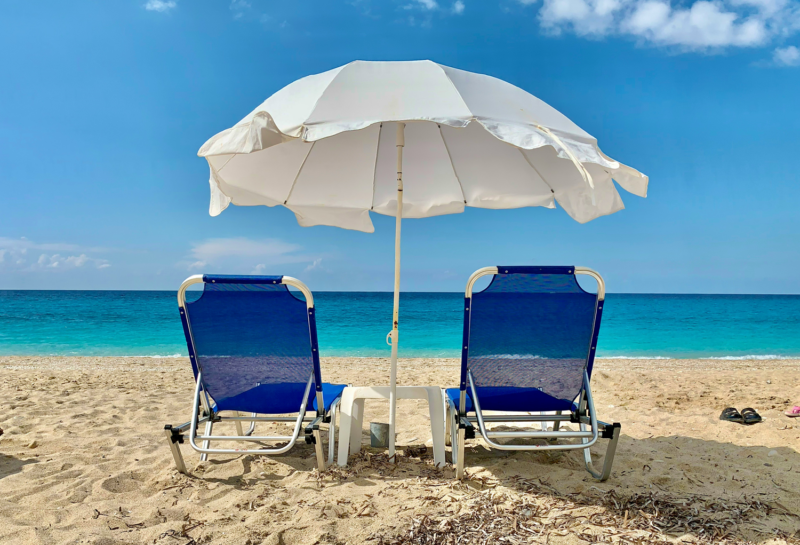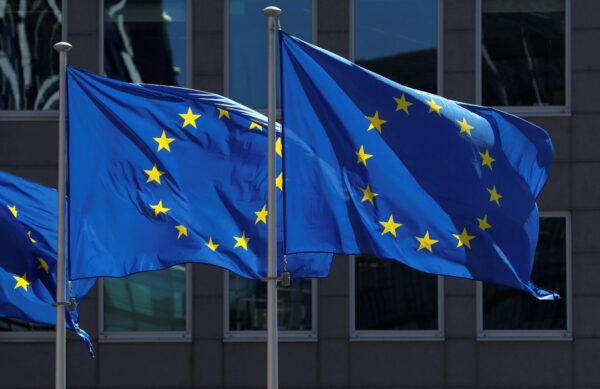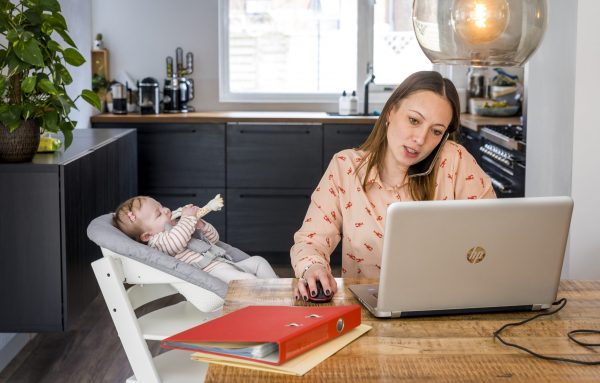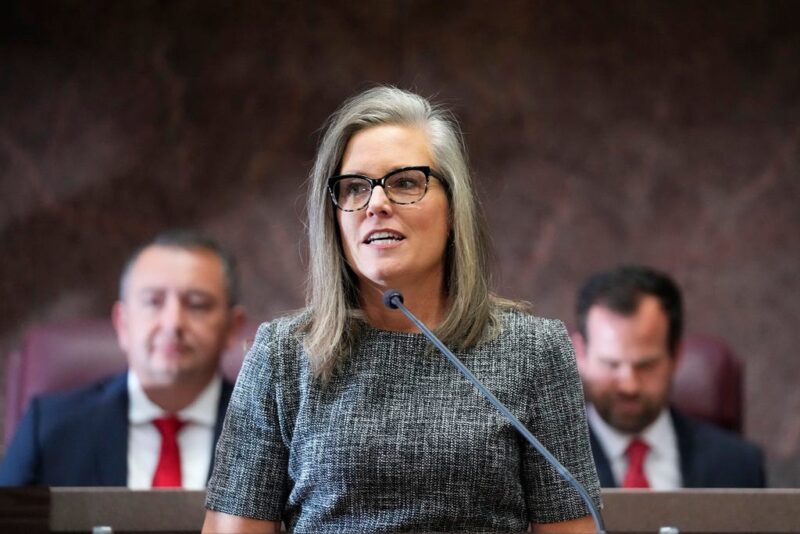- Millions of children are raised by their grandparents in the US.
- People felt sorry for me for being raised by my grandmother, and I didn't understand why.
- She already knew who she was and how she wanted to raise me.
I was raised by my grandmother. But I'm no exception. According to the US Census, 7.1 million grandparents live with their grandchildren under 18. Kids raised by grandparents are often considered disadvantaged, but now that I'm an adult, I think it was actually a huge advantage.
For a time, I was too young to notice that I had a "different" family situation. I was just 3 years old when my mother put me on the train to my grandmother's from NYC by myself. It sounds unbelievable, I know. But it was the 80s, and a random stranger was tasked with ensuring I got off at the correct stop.
It was supposed to be a weekend visit, but for months, my mother couldn't be reached. That, combined with my untreated ear and bladder infections — and bruises — spurred my grandma to take custody of me.
As I got older, I started catching onto the fact that most adults felt really sorry for me — even though they didn't know the details, just that my grandma was raising me.
I enjoyed being with my grandma
My first memory of being pitied and condescended to was by a friend's mother when I was in kindergarten. Her words were sympathetic, but I could sense her veiled disgust. Though I didn't understand why, she thought less of me because my mother wasn't around.
She wasn't the only one. Throughout my childhood, I learned from TV shows, ads, and conversations around me that two-parent families, or at least living with mom, was the "right way" for a kid to be raised. Teachers or neighbors often told me that it was "such a shame" or that they were "so sorry" that I wasn't with my mom. Their words felt like lies, covering up for other, uglier feelings they had toward me.
It also felt silly and confusing for them to express sadness that my mother — a drug addict who had kicked me across the floor in a rage — wasn't around.
I was so happy to be with my grandma, who made me feel loved every day with the "Good Morning" song upon waking, notes in my lunchbox, and handmade clothes that I got to pick the fabric for. We traveled the world, and she taught me to garden, care for dogs and cats, sew, love books, change a tire, and be a strong, independent woman like she was.
It wasn't until I went off to a good college that the whispers of other parents and faux pity from people in my community finally stopped. Months before graduation, my grandma died. At her memorial, I said that I felt lucky to be raised by her, and I meant it, and not just because I missed her.
My grandma was an experienced parent by the time I came to live with her. She had raised my father and uncle, and she had seen the long-term ramifications of her own and her fellow parents' choices. That helped her have a more sanguine and relaxed view of parenting.
She knew who she was
She also knew herself. I've seen many of my friends learn and grow tremendously in their 20s and 30s — often concurrently with having kids. Parents figuring out who they are at the same time as they raise their children can be hard on everyone's mental health.
But my grandmother was in her mid-to-late 60s and 70s when she raised me — she already knew herself well. I was relieved of the often heavy burden of teaching someone how to be a parent.
I was never subjected to any "trendy" parenting advice either. Grandma had seen trends come and go and knew most of them were pretty useless.
Looking back, I would never trade my experienced, self-knowing grandma for two people who hardly knew who they were and certainly had no clue about parenting.
Presidents Obama and Clinton. Carol Burnett, Maya Angelou, and Oprah are just some of the impactful human beings raised by their grandparents. "I am where I am today because my grandmother gave me the foundations for success," said Oprah.
I feel the same.
